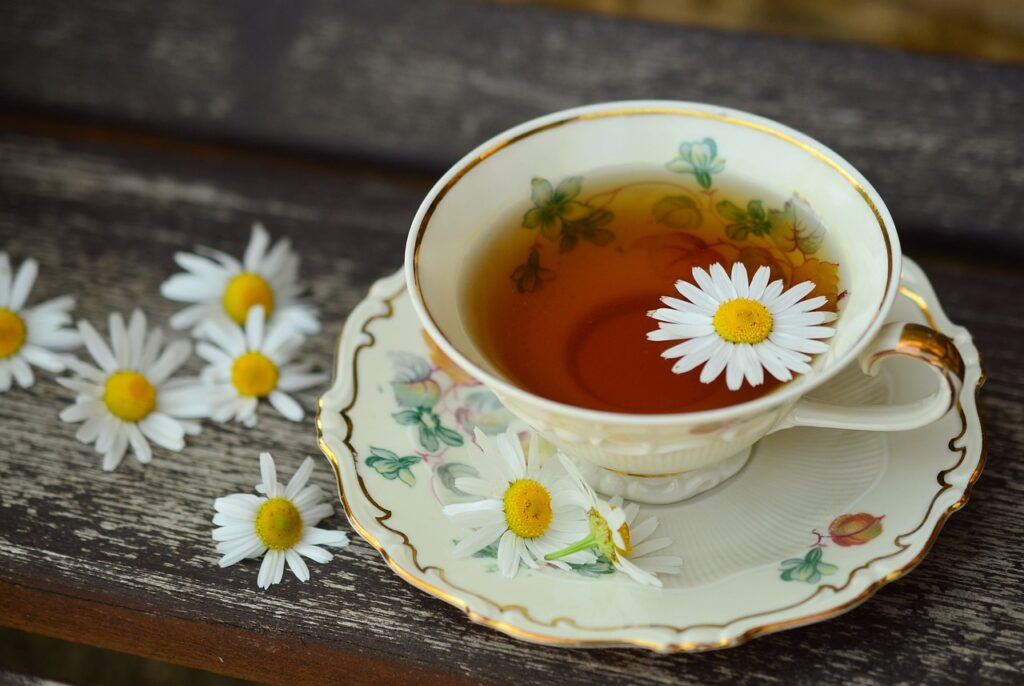The Herbal Advantage: Unveiling the Benefits of Herbal Tea Over Green Tea

In the world of hot beverages, tea holds a special place for its rich cultural history and diverse flavors. While green tea has long been celebrated for its health benefits, herbal tea emerges as a formidable contender, offering a myriad of advantages that make it a superior choice for many. This article delves into the unique qualities of herbal tea that set it apart and make a compelling case for why it might be a better option than green tea.
Diverse Flavor Palette:
One of the standout features of herbal tea is its diverse flavor range. Unlike green tea, which is derived from the leaves of the Camellia sinensis plant, herbal teas are crafted from an array of herbs, fruits, flowers, and spices. This diversity not only caters to different taste preferences but also allows for a broader spectrum of health-promoting compounds.
Caffeine-Free Bliss:
Herbal tea is naturally caffeine-free, making it an excellent choice for individuals who are sensitive to caffeine or prefer to limit their intake. Green tea, on the other hand, contains caffeine, which can be a drawback for those seeking a calming and soothing beverage without the stimulating effects of caffeine.
Customized Health Benefits:
Each herbal tea blend comes with its own set of health benefits based on the ingredients used. For example, chamomile tea is renowned for its relaxing properties, peppermint tea aids digestion, and ginger tea is praised for its anti-inflammatory effects. Green tea, while offering health benefits, may not provide the same level of customization to address specific health concerns.
Naturally Calming:
Herbal teas are often associated with calming and relaxing effects. Ingredients like chamomile, lavender, and valerian root have been traditionally used to promote relaxation and improve sleep quality. Green tea, although known for its antioxidants, may lack the soothing properties that herbal teas inherently possess.
Rich in Antioxidants:
While green tea is celebrated for its high antioxidant content, herbal teas can also be rich in antioxidants, depending on the ingredients. For example, hibiscus tea is recognized for its potent antioxidants that contribute to heart health. The variety of antioxidants in herbal teas may offer a broader spectrum of benefits compared to the more concentrated antioxidants found in green tea.
Conclusion:
In the realm of tea choices, herbal tea emerges as a strong contender against green tea, offering a diverse flavor profile, caffeine-free options, and customizable health benefits. While green tea has its merits, the unique qualities of herbal tea make it an enticing alternative for those seeking a soothing, flavorful, and health-conscious beverage. As preferences for diverse and tailored experiences continue to grow, herbal tea stands out as a delightful and beneficial choice in the world of hot beverages.
